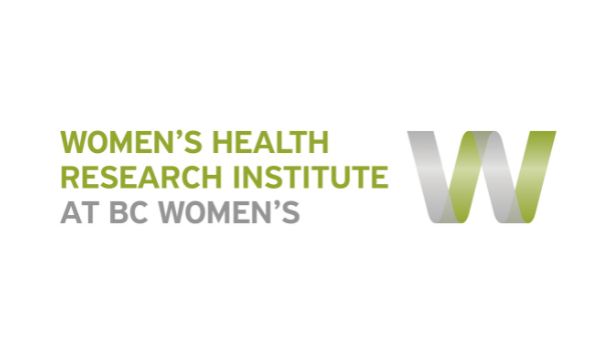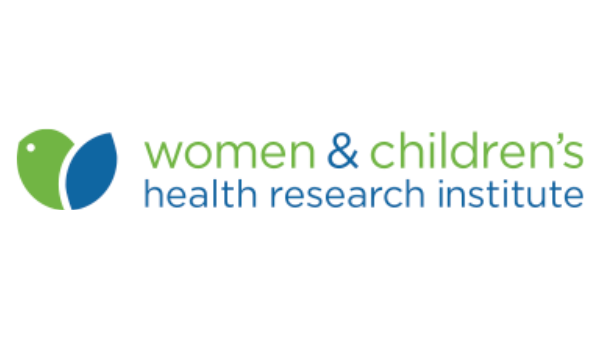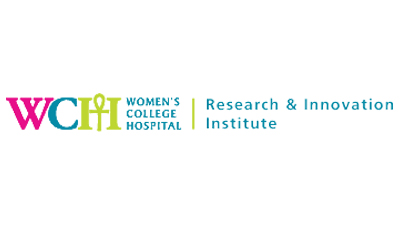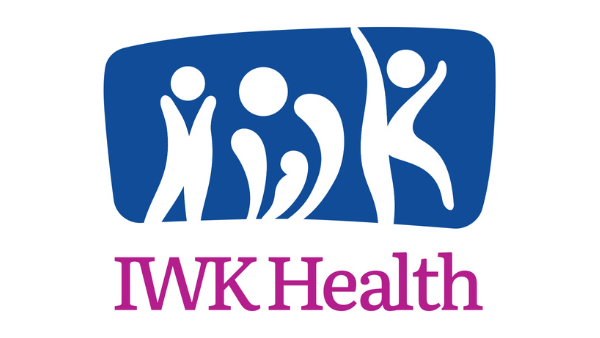WOMEN’S HEALTH RESEARCH
What is women’s health research and why is it important?
Women’s health research is the study of health across a woman’s lifespan to promote health and wellness and to prevent, diagnose and treat disease. Sex (biological attributes) and gender (socially constructed roles, behaviors, expressions, identities and the distribution of power and resources in society) affect the risk of disease, opportunities for prevention, pathophysiology, symptoms, and whether diagnosis and treatment are effective.1 Some important areas of women’s health research include research on female-specific physiological experiences (such as menstruation, pregnancy and menopause), diseases that exclusively or mostly affect females (such as cervical and breast cancer, Alzheimer’s dementia and rheumatoid arthritis) and how women’s gender influence health and disease.
The historical and continued exclusion of female animals and women from health research has created a knowledge gap. It wasn’t until 1993 that the National Institutes of Health in the United States mandated the inclusion of women in publicly funded clinical trials.2 In 1997, Health Canada recommended the inclusion of women in clinical research and since 2000 the Institute of Gender and Health has implemented policies and capacity building to promote the inclusion of sex and gender analysis in health research.3
Unfortunately, women’s health research remains under-funded, under-published, and under-utilized. In 2020, the National Institutes of Health dedicated about 11% of research funding to women’s health research, while the Canadian Institutes of Health Research dedicated 7%.4,5 And despite policies promoting sex- and gender-based analysis, the evidence shows that sex and gender are not being optimally applied in health research to generate new knowledge.6 A very small minority of Canadian systematic reviews publish results relevant to sex or gender and just less than a third of Canadian clinical practice guidelines make sex-specific recommendations for diagnosis and treatment.7,8
The good news is that investment in women’s health research can bring about positive change. Dedicated women’s health research generates high returns in terms of health, social and economic benefits.9 The Partnership for Women’s Health Research was created as a catalyst to support and promote the creation of new knowledge and innovation to benefit the health of women, trans and non-binary people across the lifespan by transforming practice, policy, and systems in Canada and around the globe.

PARTNER INSTITUTION RESEARCH STRENGTHS
PWHR’s partner institutions support research excellence and bring together leaders from many disciplines and fields of women’s health. Among the areas where this national partnership leverages research strengths across the country and globally to improve prevention, diagnosis, treatment and care are:
- CANCERS including those that are experienced primarily or exclusively by females, such as breast, cervical and ovarian cancer.
- MENTAL HEALTH across the lifespan, encompassing the early years, adolescence, pregnancy and the postpartum period, menopause as well as mental health among older women.
- CHRONIC DISEASE, for example diabetes, hypertension and cardiovascular disease in women (including during pregnancy).
- AGING in women.
- SEXUALITY AND REPRODUCTION, including studies of sexuality, contraception, abortion and childbirth as well as prevention, treatment and living well with gynecological conditions and infectious diseases (such as the human papilloma virus and the human immunodeficiency virus, among others).
- THE HEALTH OF PREGNANT WOMEN AND PEOPLE is a pillar of reproductive health research that brings together a large number of basic scientists, clinician-scientists, epidemiologists and social scientists across the research institutes.


The Partnership for Women’s Health Research Canada uses the term women to refer to all people who identify as women. We use trans and non-binary as umbrella terms to refer to people with a wide range of gender identities that are different from the gender they were assigned at birth.
This is a living document and we welcome feedback. For more information or to provide input, please contact tkendall@pwhr.org




